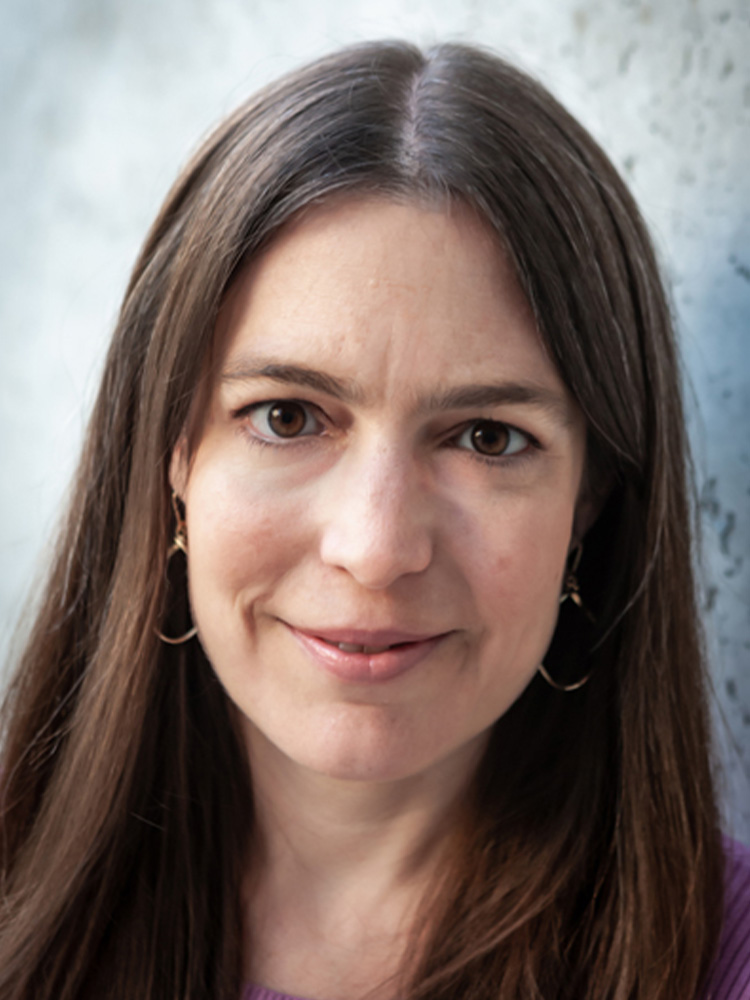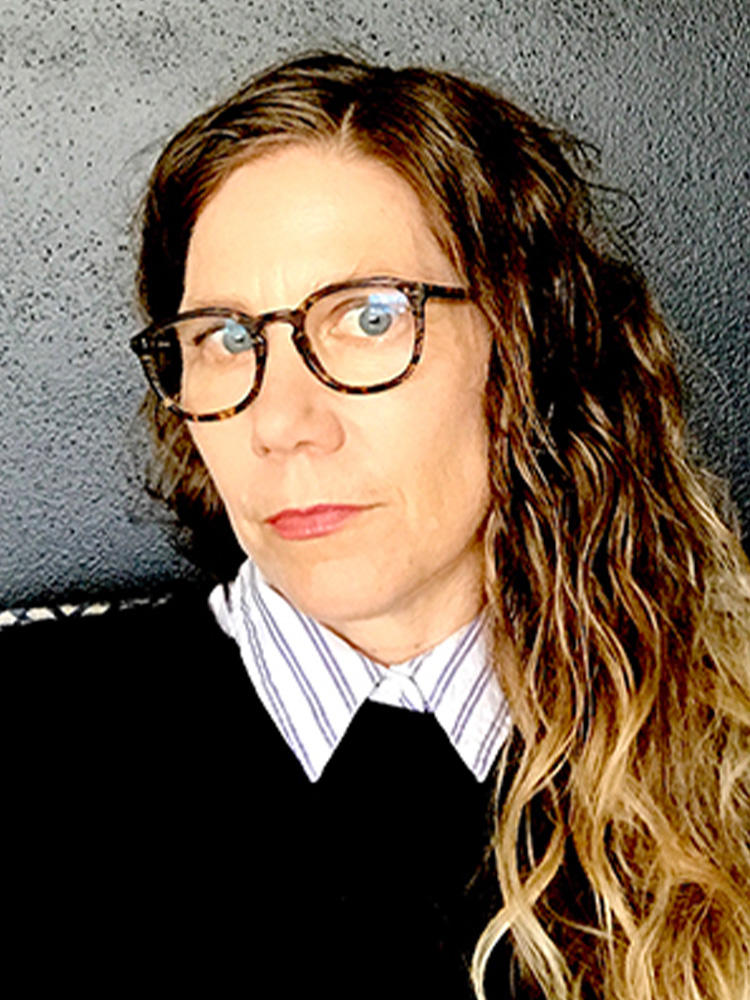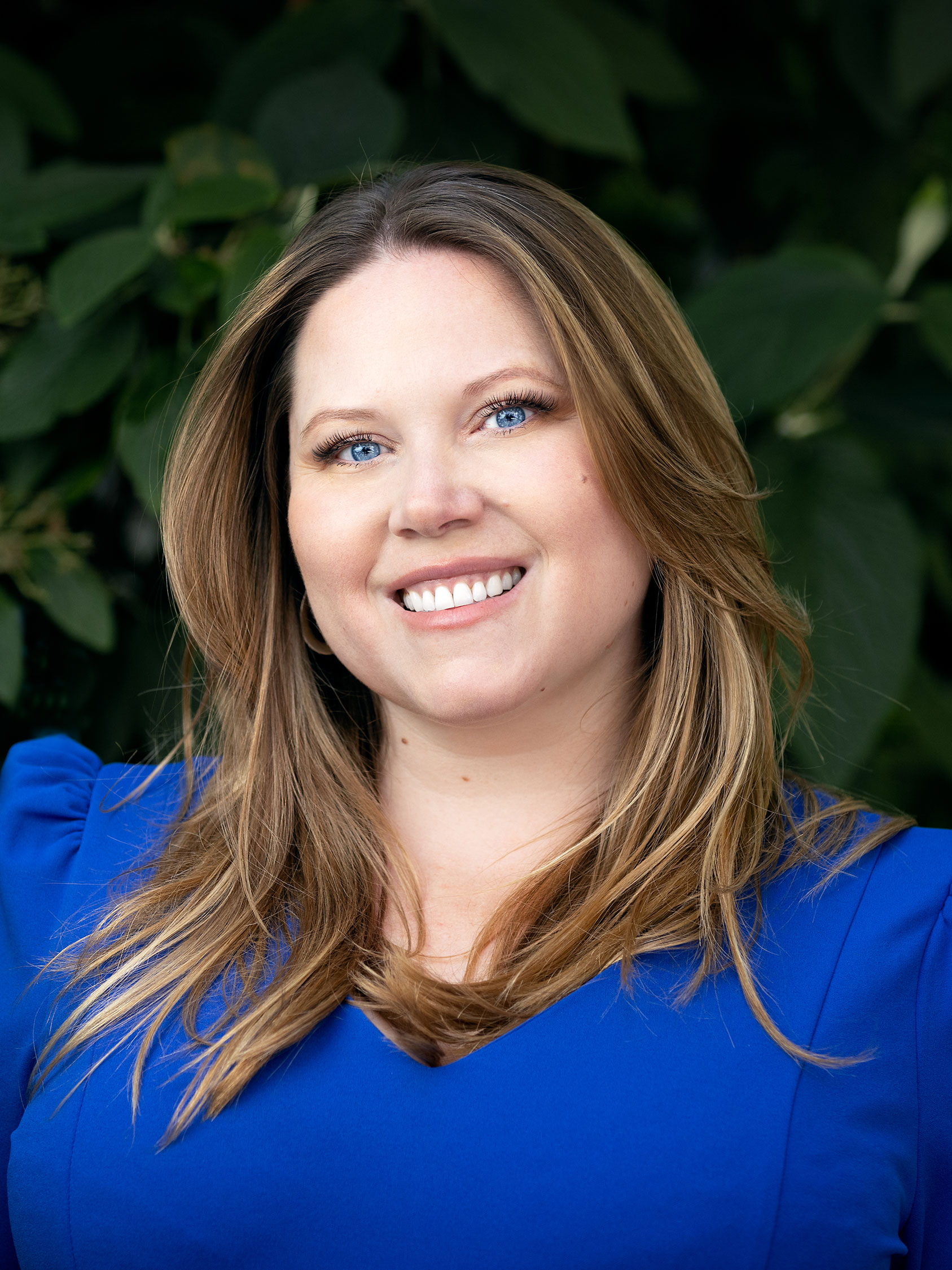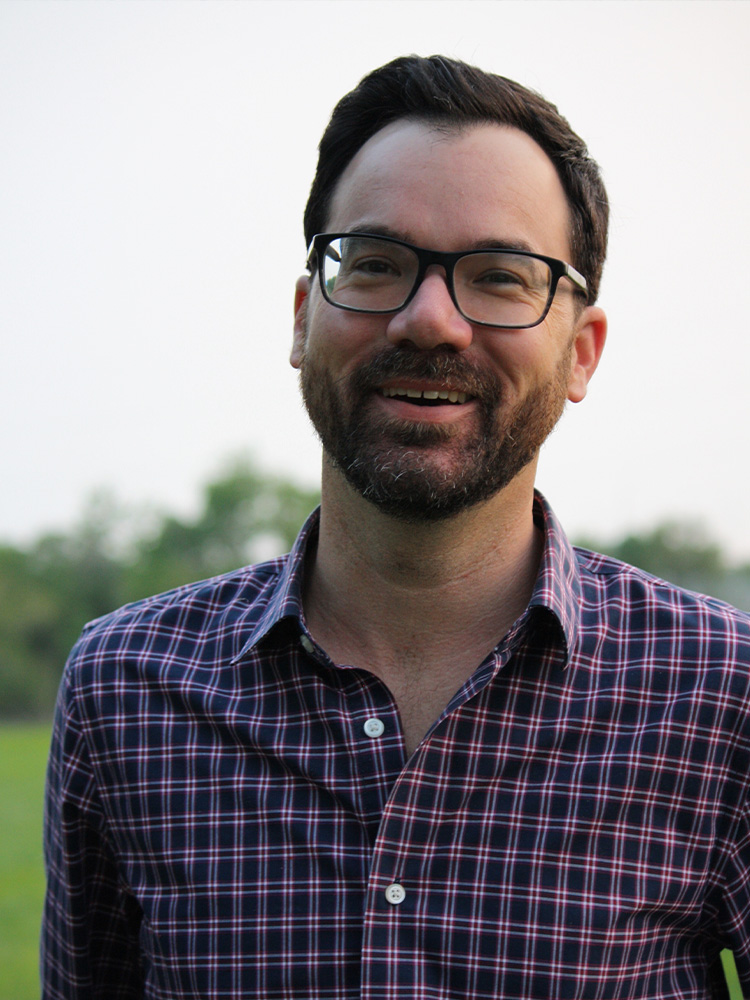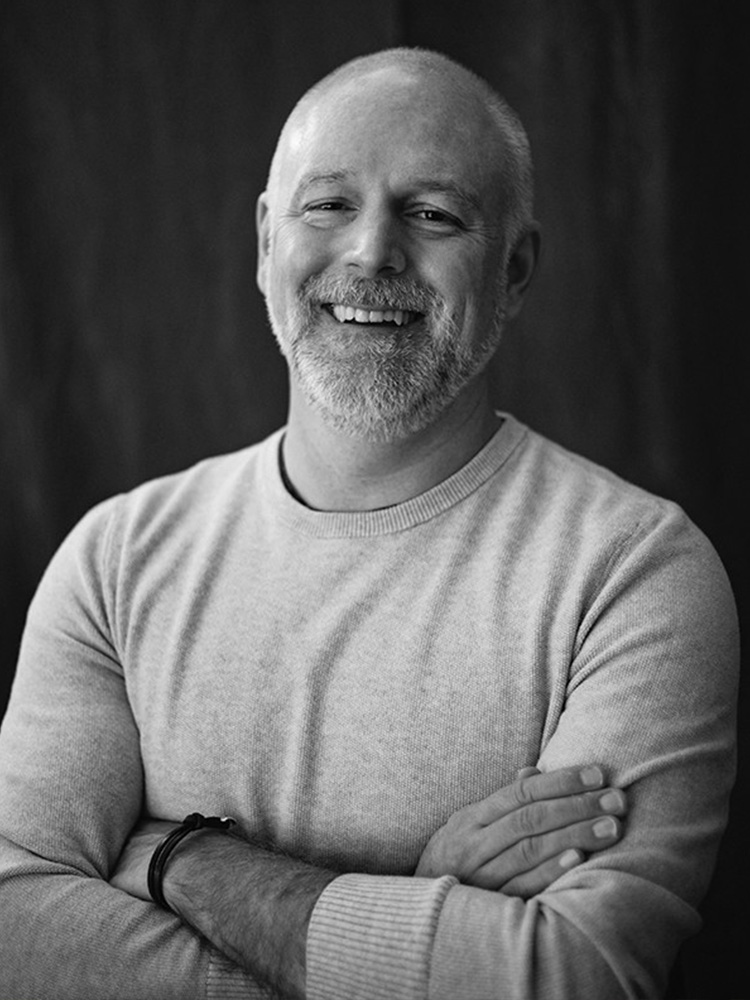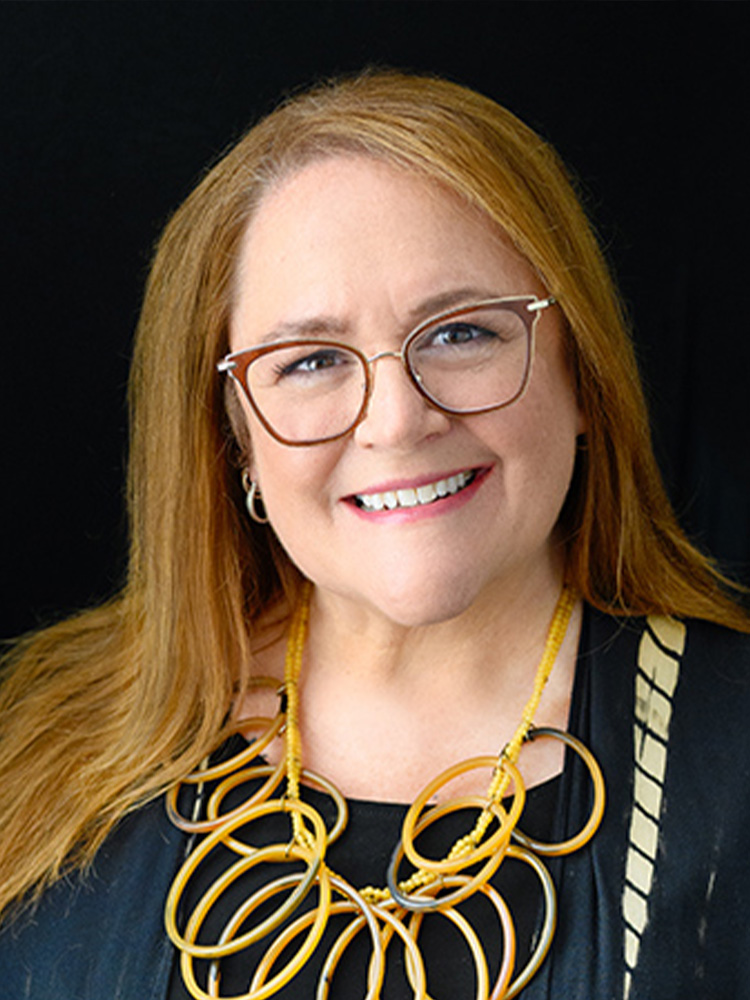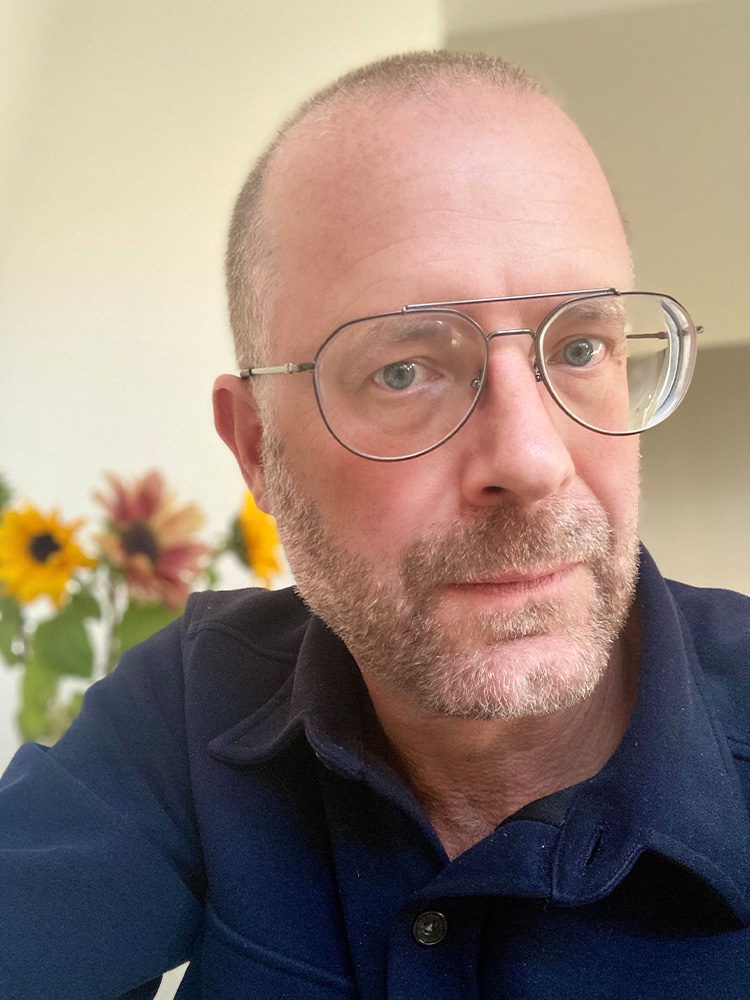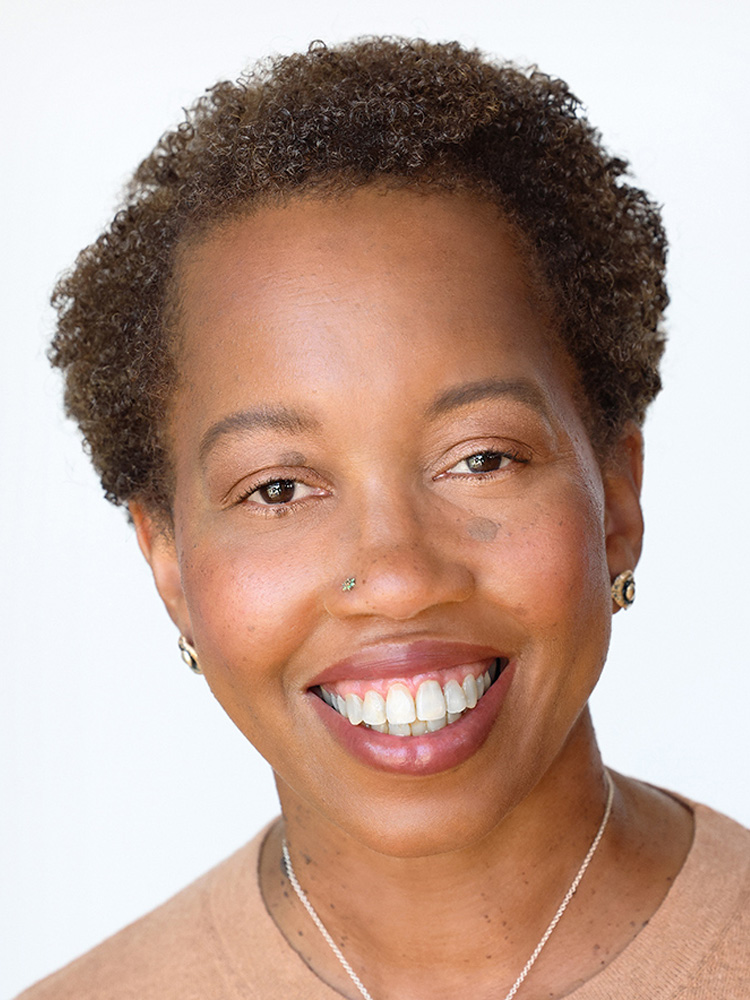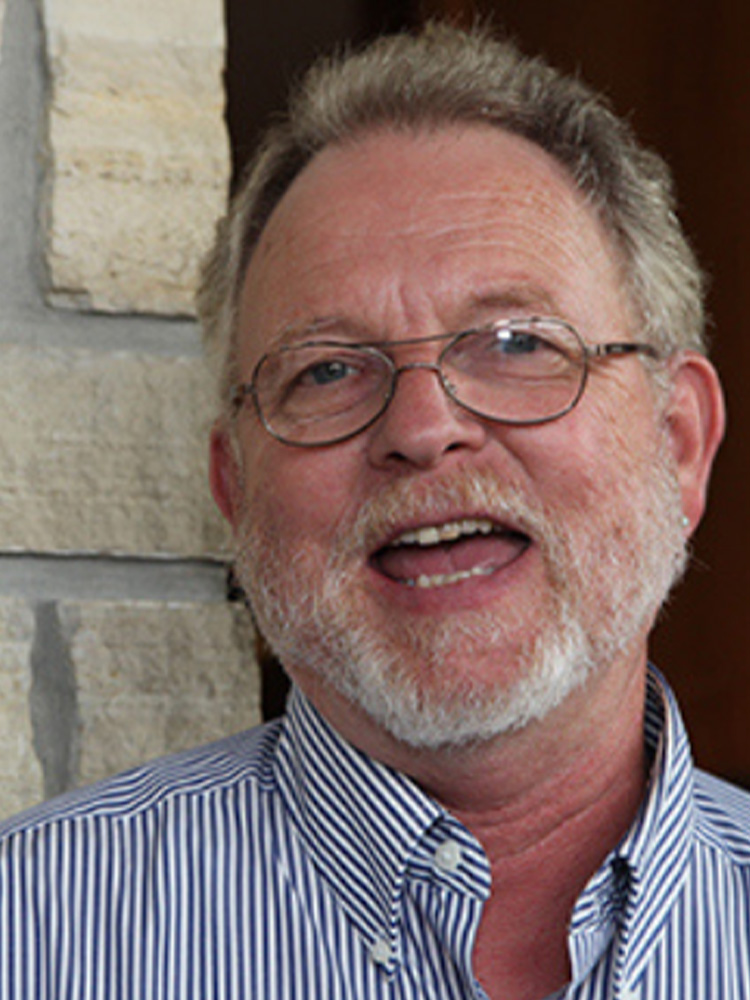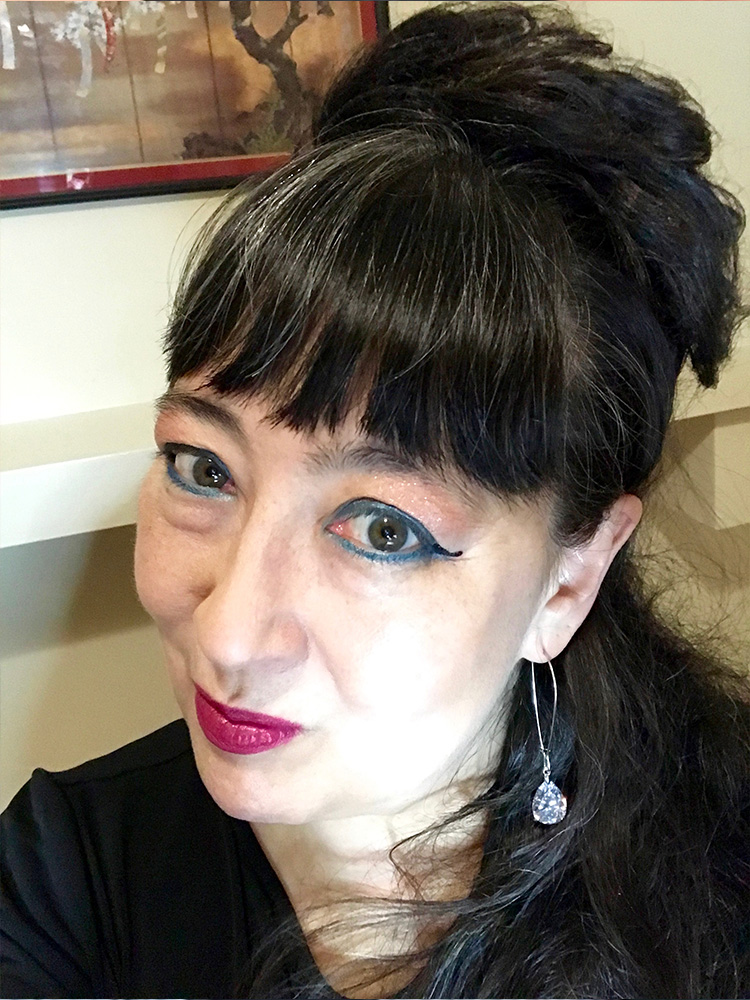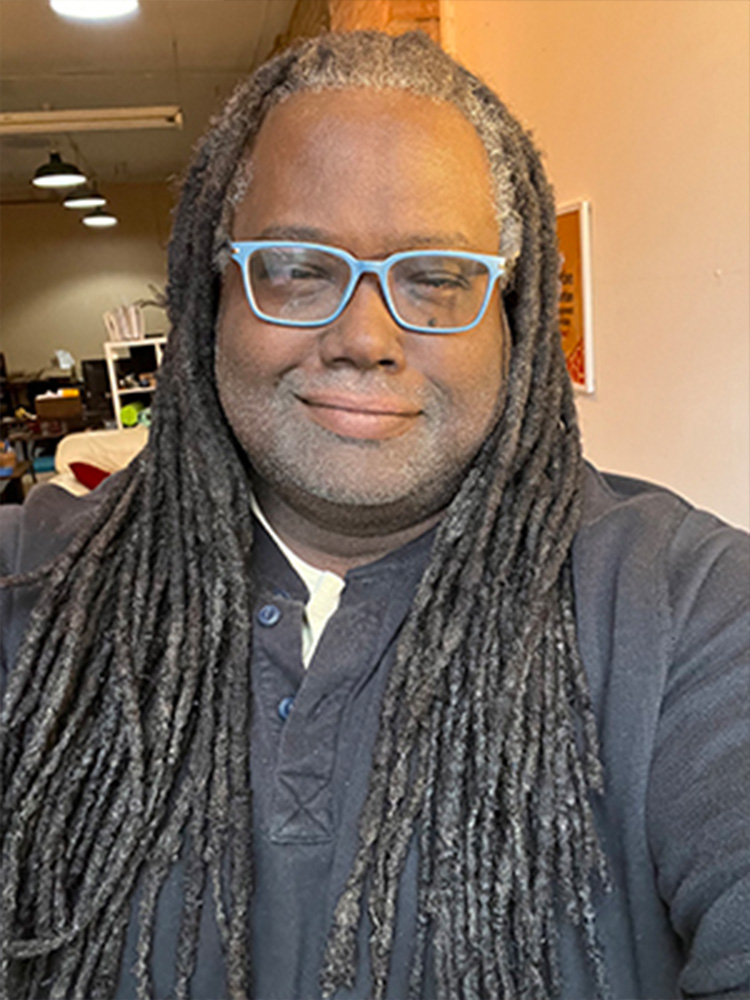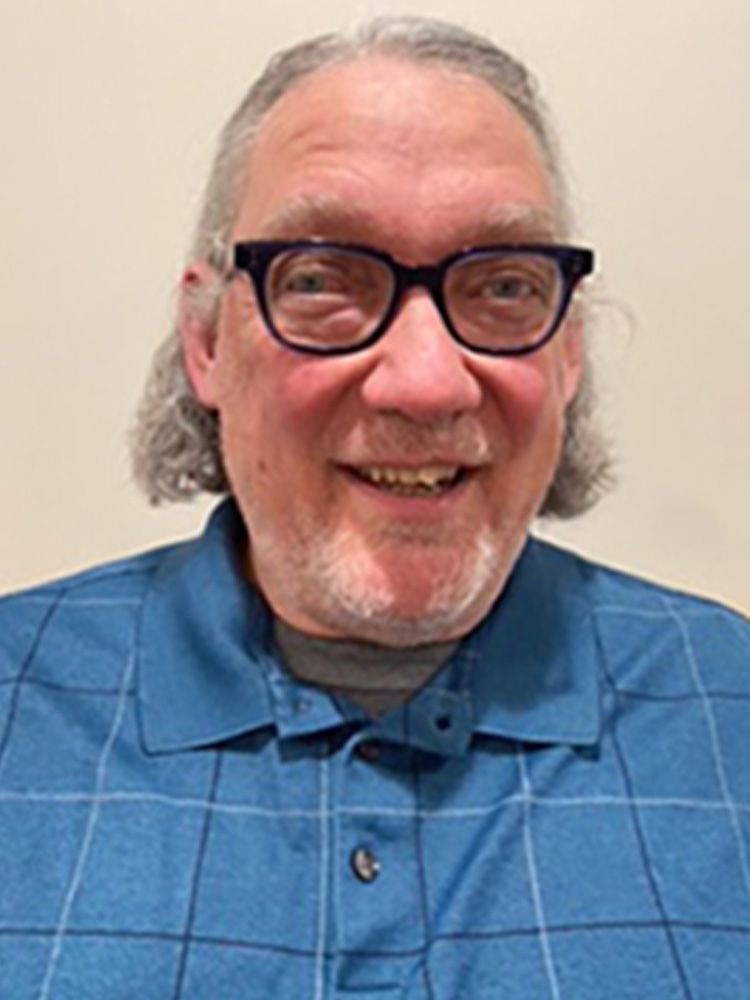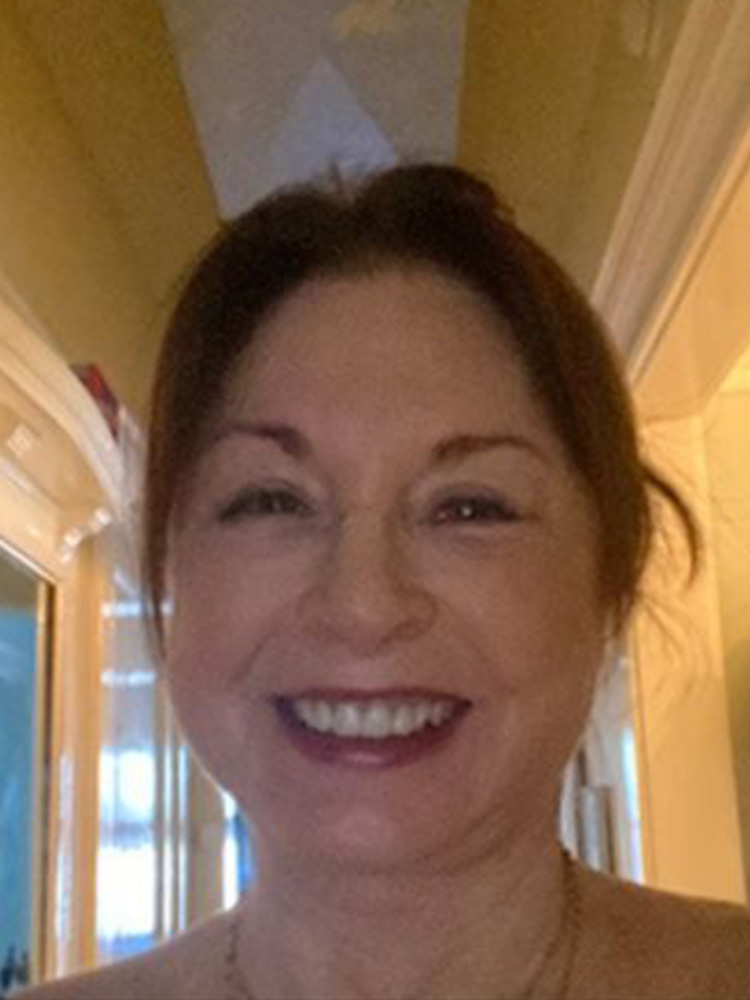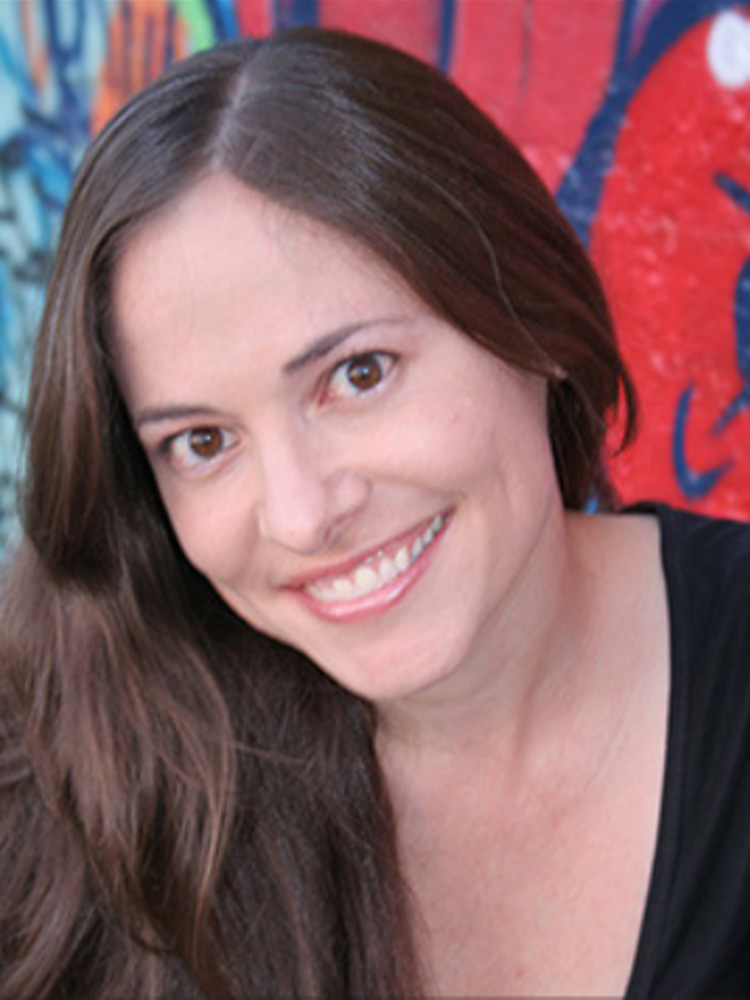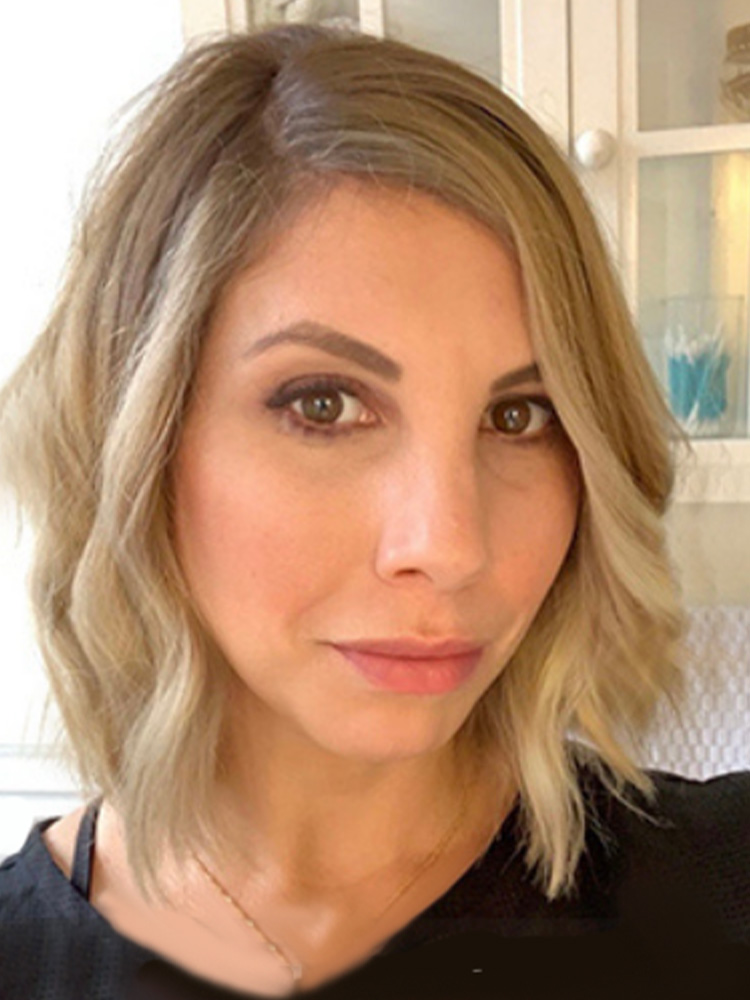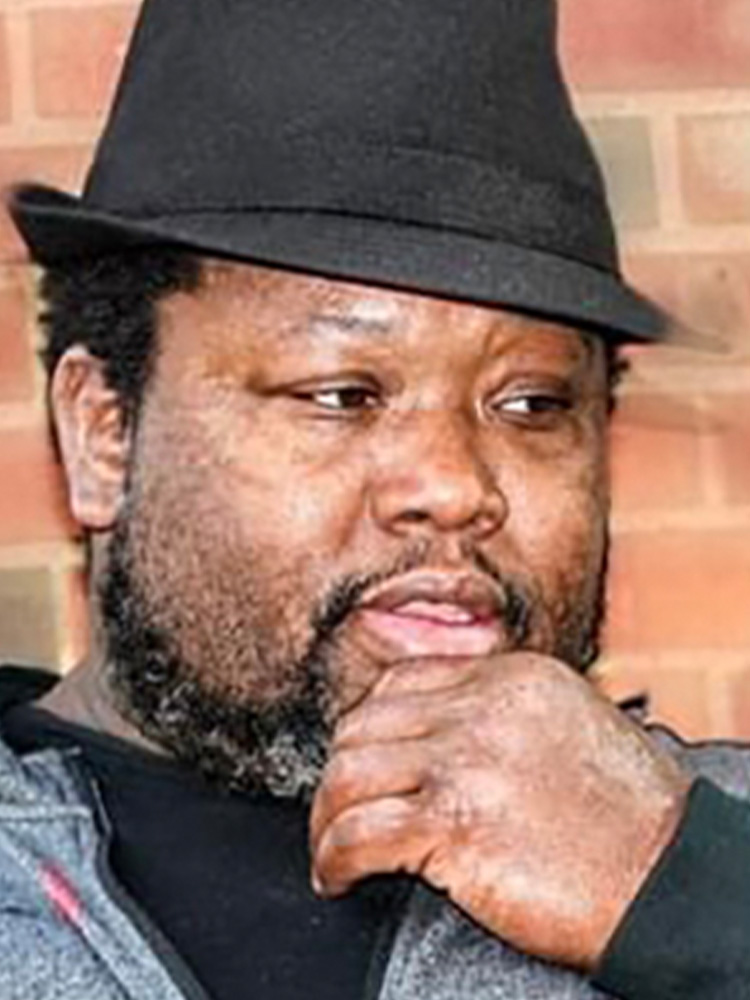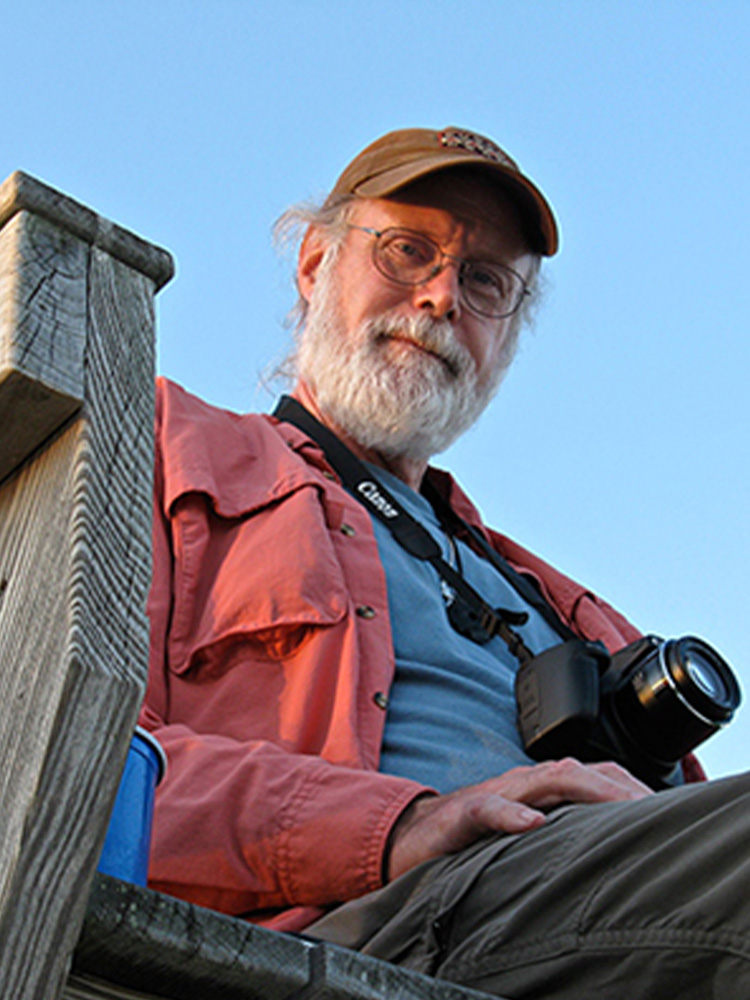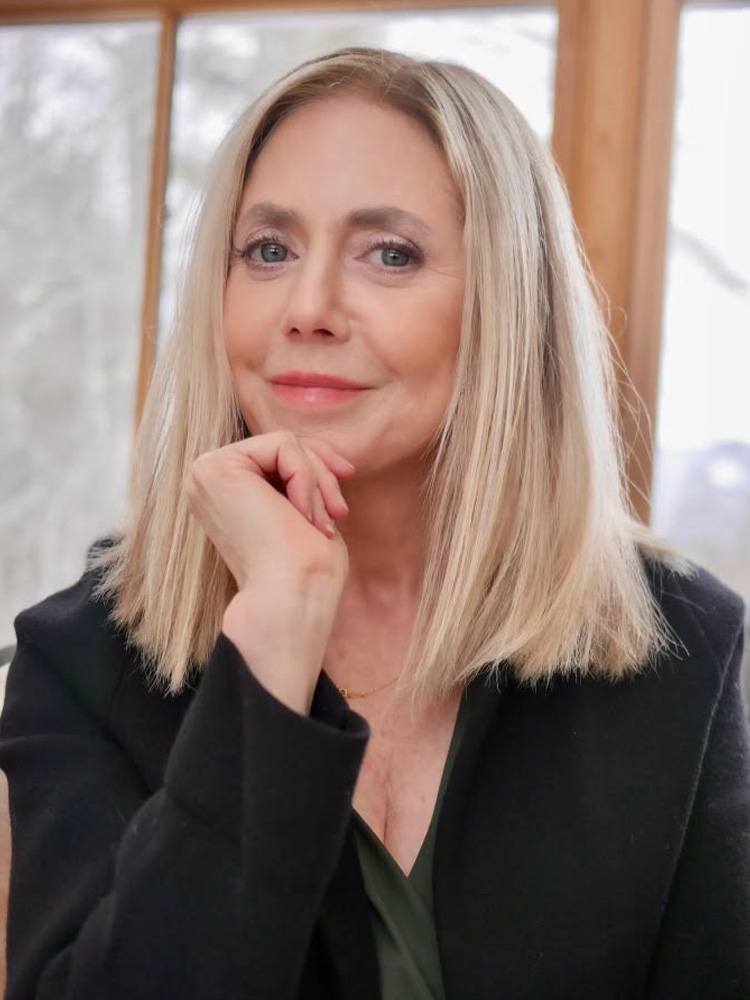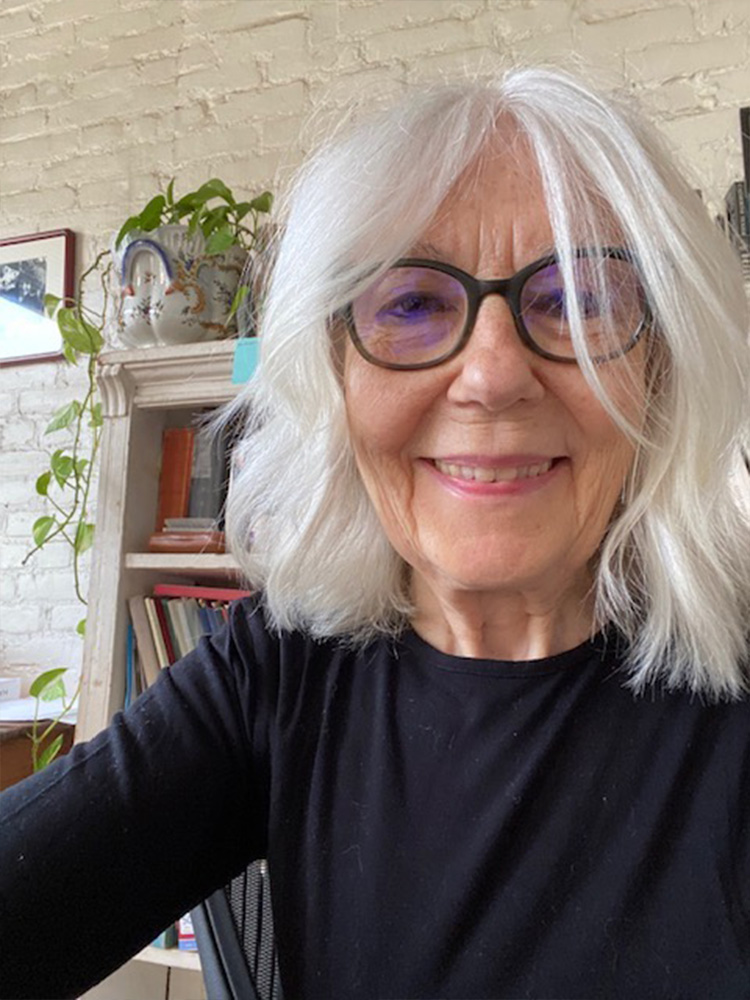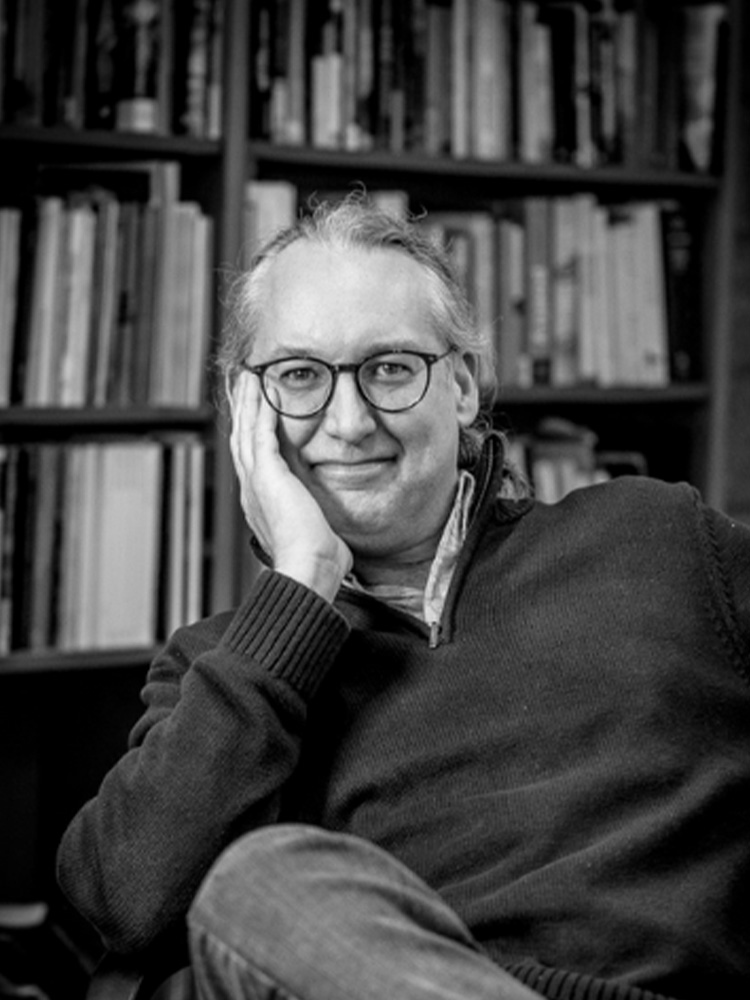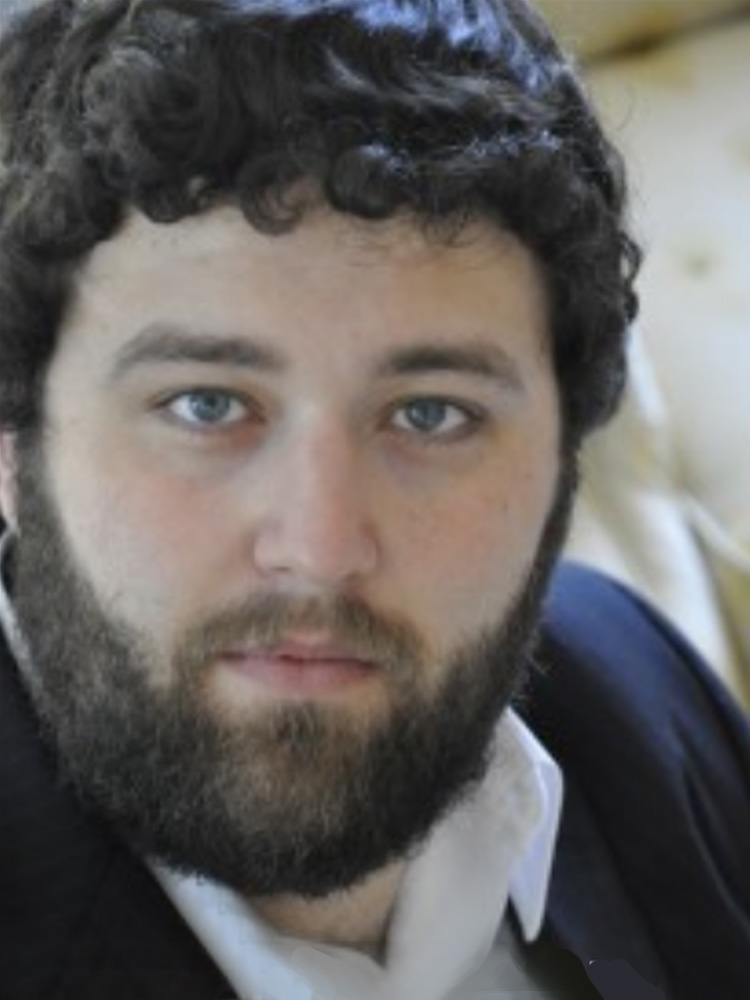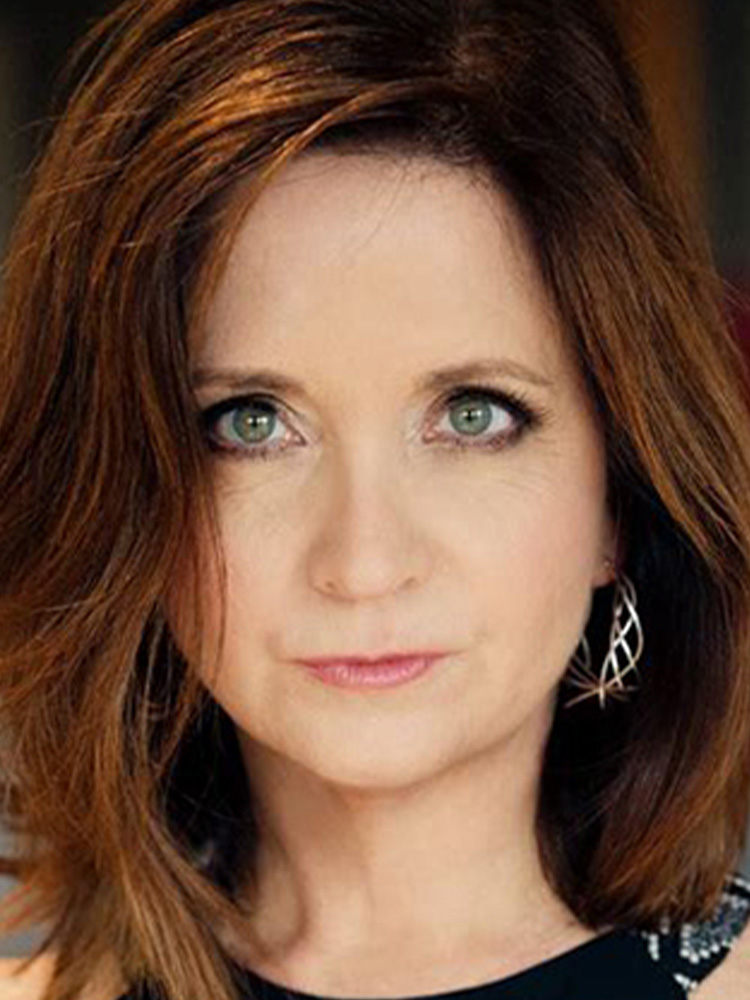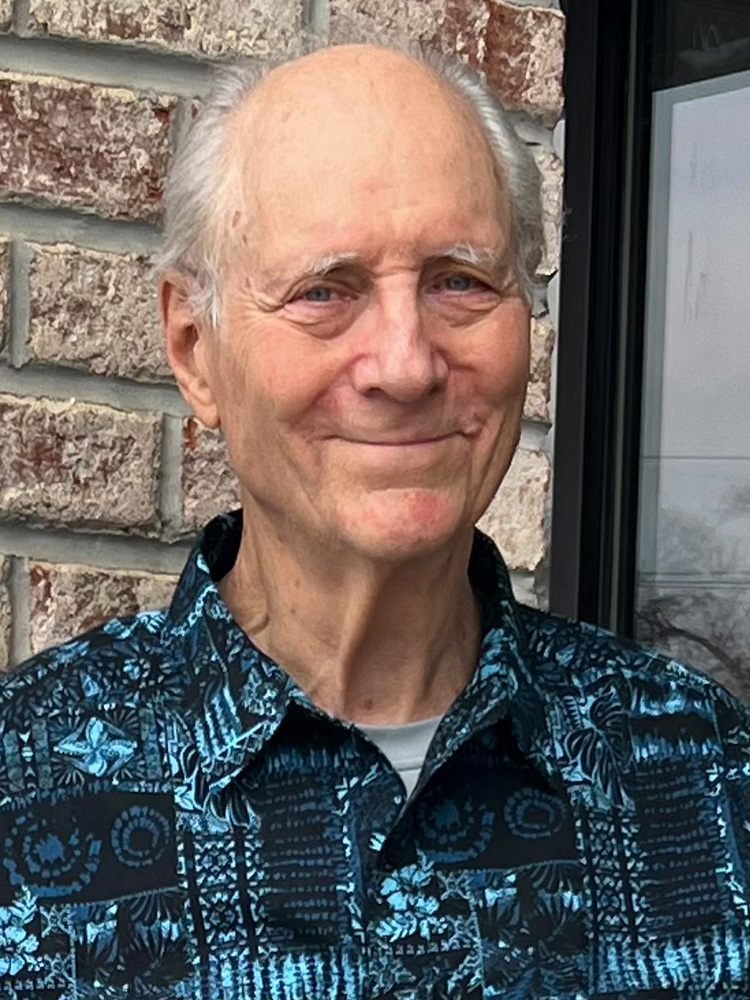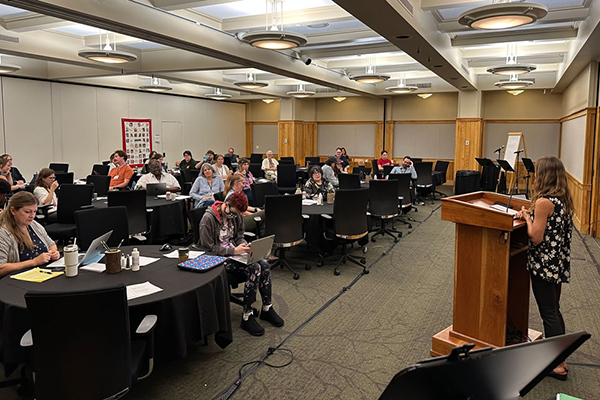
Visiting Faculty
Each residency, a variety of visitors join us, including published writers and members of the literary publication world. Visiting faculty offer readings, lectures, panel discussions, or individual conferences. Each summer residency, a number of alumni also return to read. Recent visiting faculty include:
Lee Blessing, Ken Brosky, Chad Christensen, Mary Conroy, Lisa Fay Coutley, Mark E. Cull, Jennifer Egan, Annie Hartnett, Patricia Henley, Anna Maria Hong, Carolina Hotchandani, Jennifer Ippensen, Major Jackson, Liz Kay, Mike Keller-Wilson, Tammie M. Kennedy, Jody Keisner, David Lehman, Olivia Lilley, Dave Mainelli, Julie Mannell, Sarah McKinstry-Brown, Trey Moody, David Philip Mullins, Ehren Parks, Holly Pelesky, Cindy Phaneuf, Deesha Philyaw, John T. Price, Jenny Qi, Michelle Quick, Hugh Reilly, Todd Robinson, Shyla Shehan, Daniel Simon, Natalia Treviño, James Anthony Tyler, Ed Vogel, Kenneth White, and David L. Williams.
